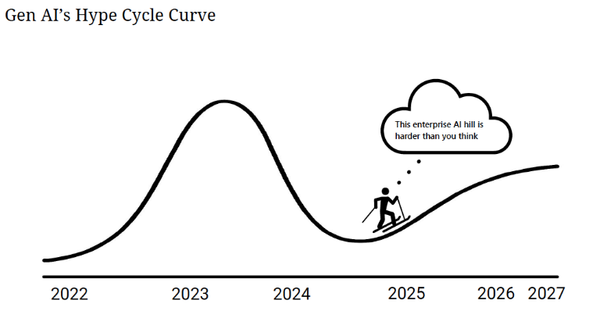A New Threat to Mega M&A Transactions
Interest rates have stabilized, a “soft-landing” looks more probable, but regulatory pressures remain
Regulators are getting more aggressive in blocking acquisitions, with no sector being spared.
In just the last year, it’s easy to name several significant acquisitions that took longer than expected or fell apart due to regulatory concerns.
- Jetblue and Spirit
- Microsoft and Activision
- Albertsons and Kroger
- Figma and Abobe
- iRobot and Amazon
Exit activity slowed over the last two years due to uncertainty about the economy and where interest rates would ultimately land for the medium to long term. Both of those clouds now seem to be lifting as a soft landing looks more promising, and interest rates settle between 4-6% long term.
Now, mega exits have regulatory pressure to contend with, and it’s unlikely to go away. Republicans and Democrats have both targeted regulating big tech as an easy bi-partisan win. The EU and UK have also recently been the sole hurdle in several deals.
Anti-trust isn’t the only reason, either. There’s growing opposition to Nippon’s recent acquisition of US Steel due to geopolitical reasons even though Nippon’s HQ is located in Japan, one of the US’ strongest allies. This is a result of the growing tensions around the globe.
It’s unlikely that this affects the lower and middle market private equity landscape much as those exits often fly under the radar. Yet, big private equity should be thinking about what happens to the appetite for acquisitions by market-leading firms if these regulatory pressures persist.
Big private equity firms represent 1/3 of all exits in venture capital and even more in lower market private equity. If they’re thinking about these pressures, venture capital and small cap private equity should be too.


